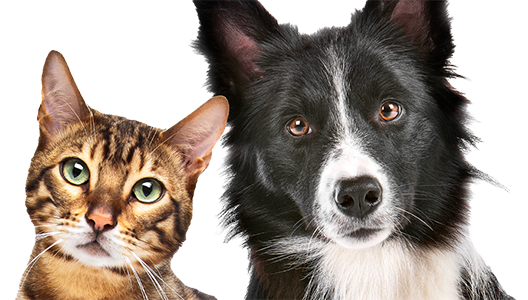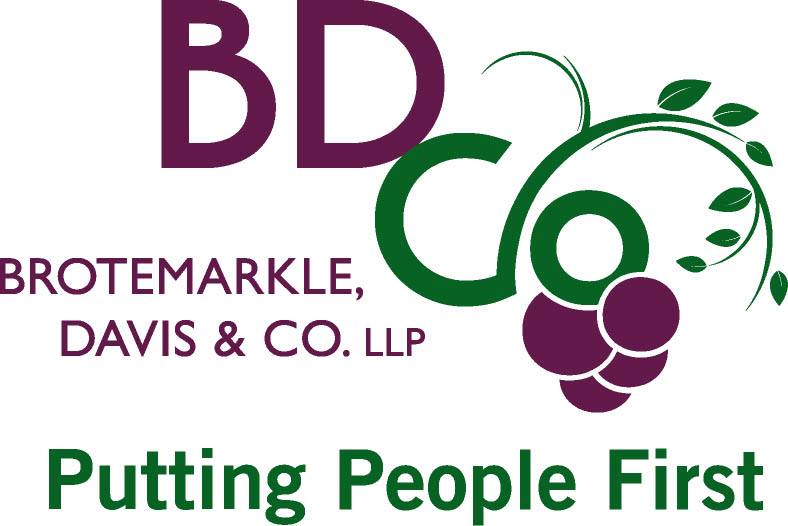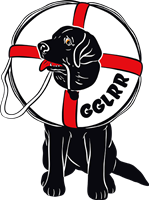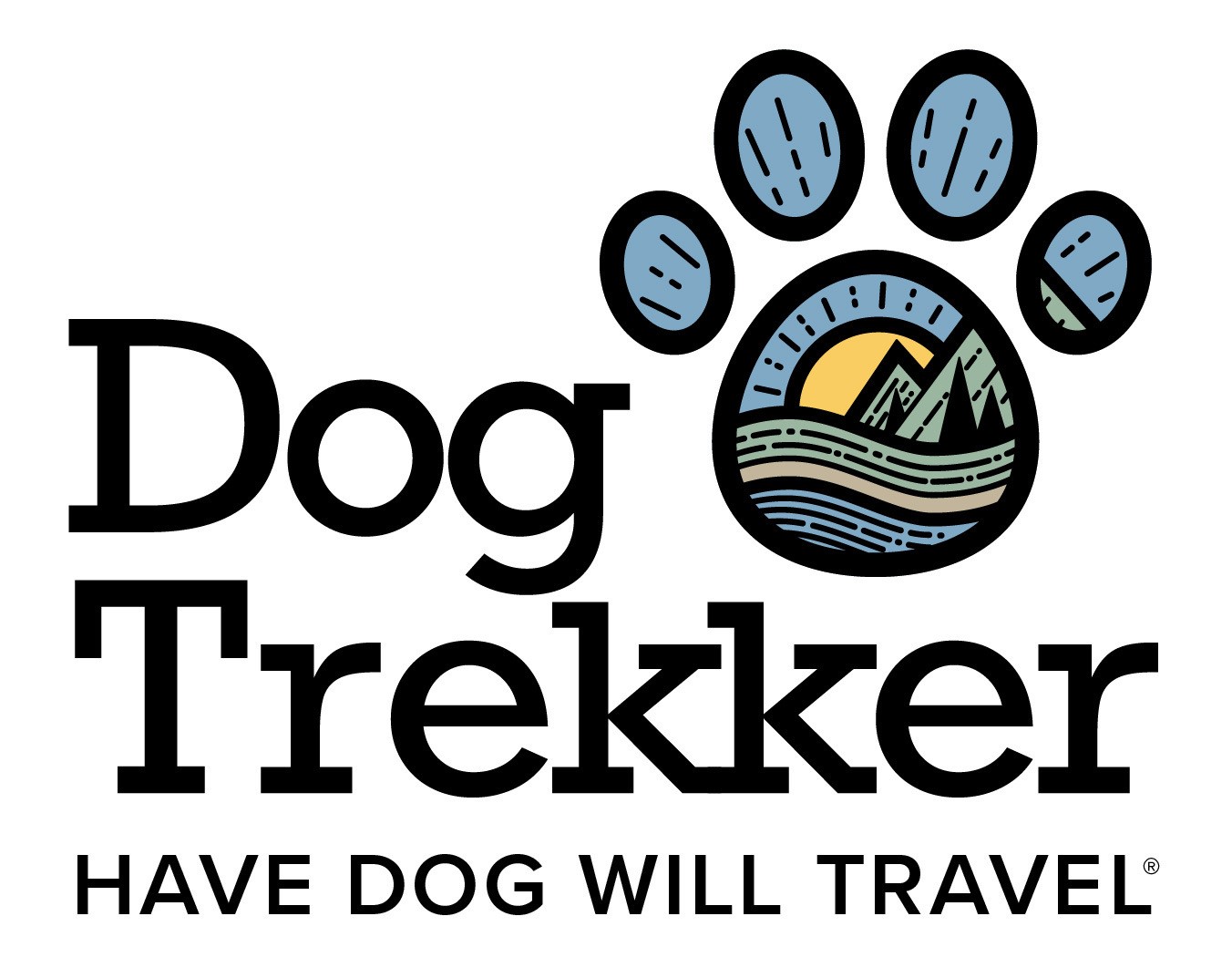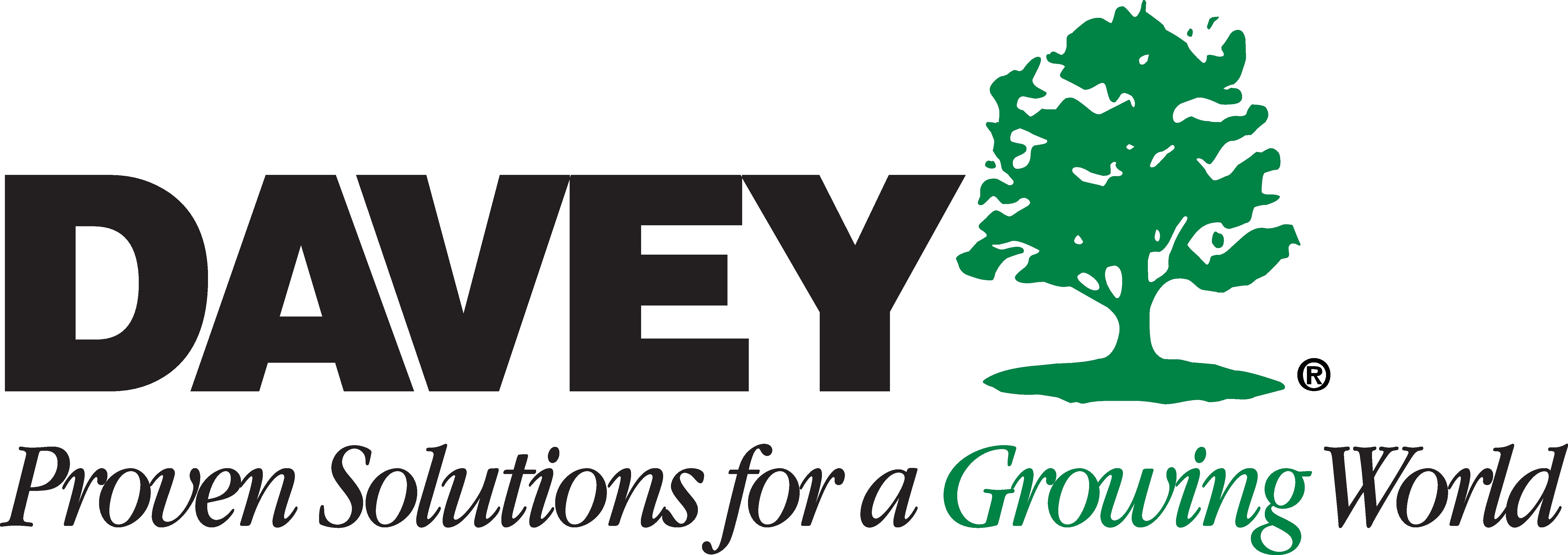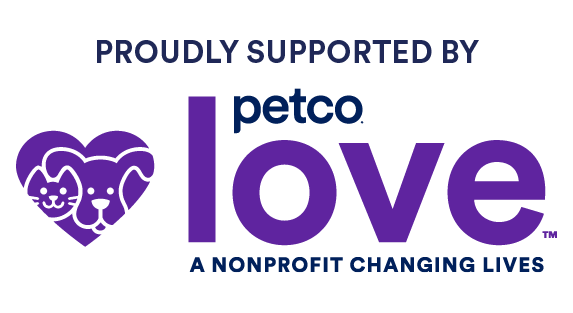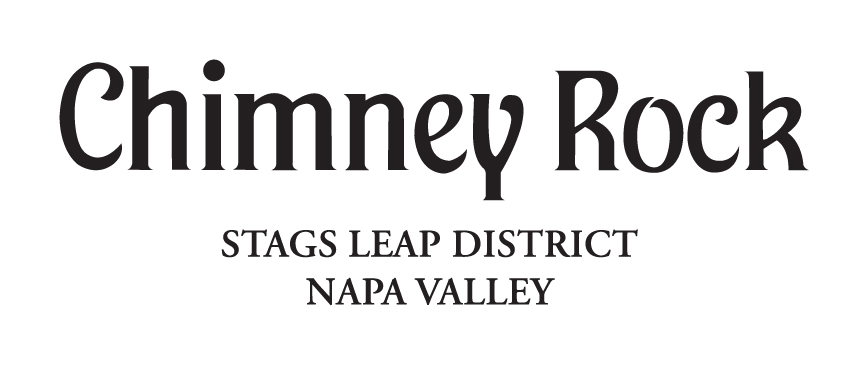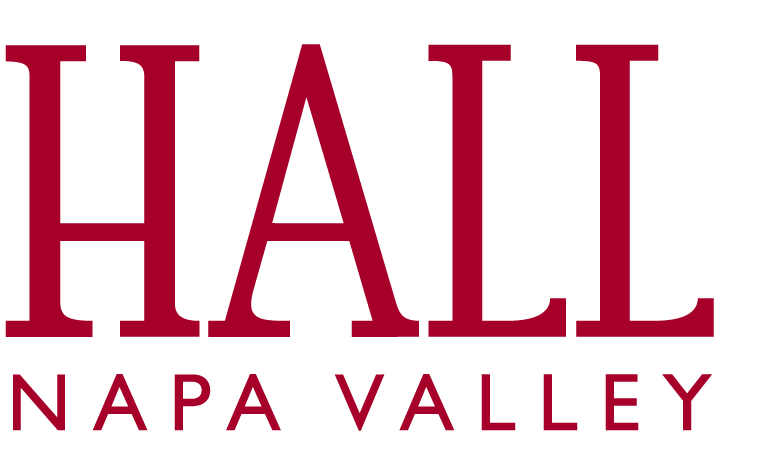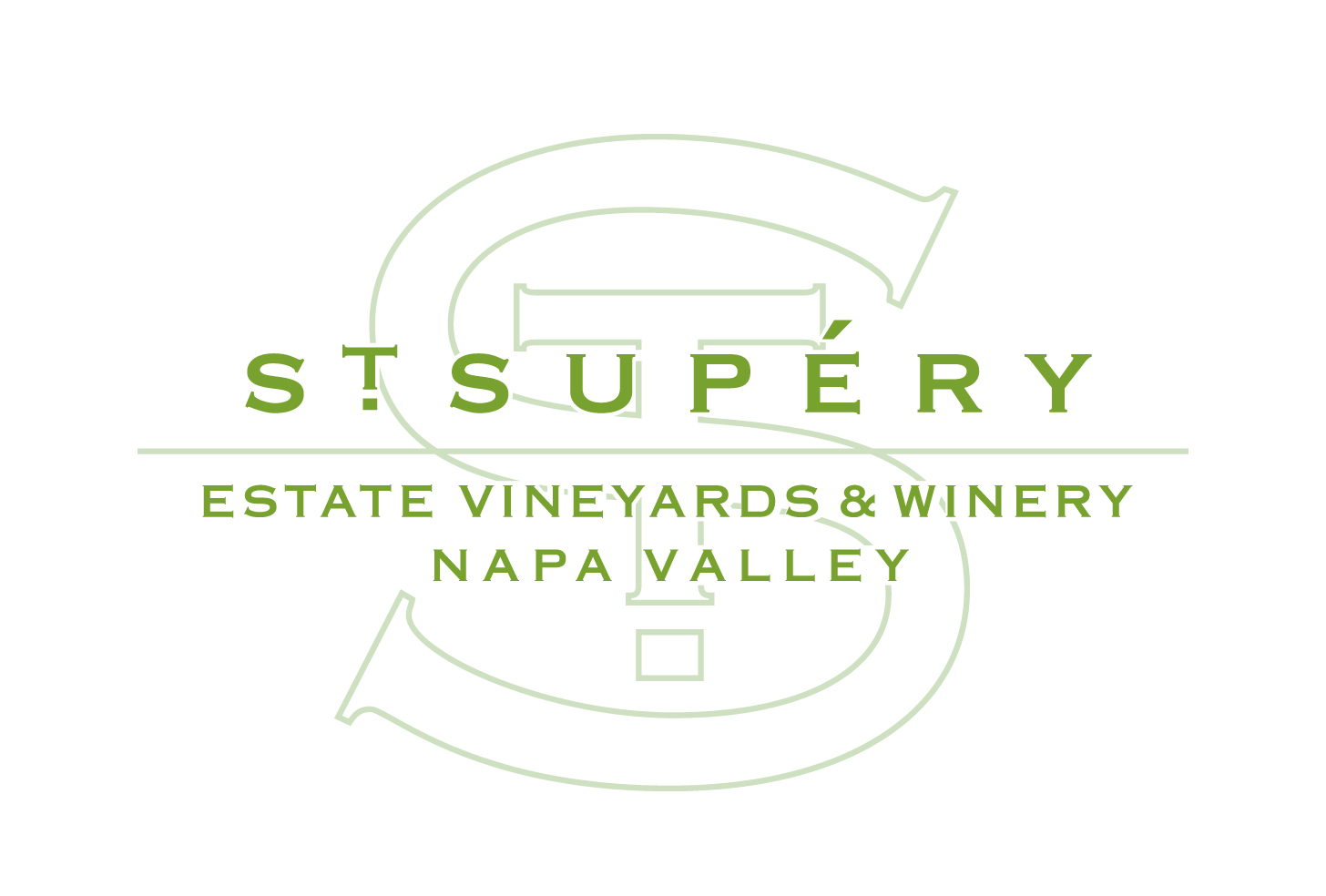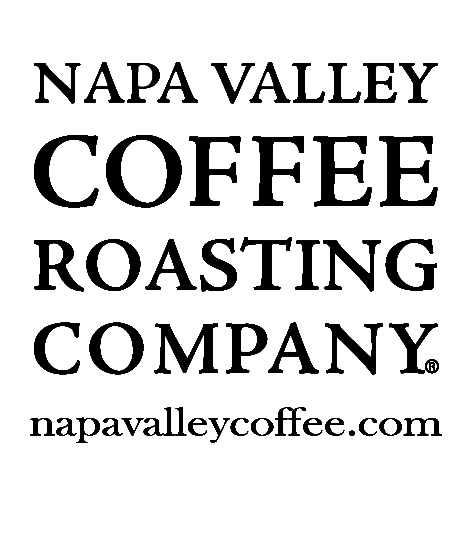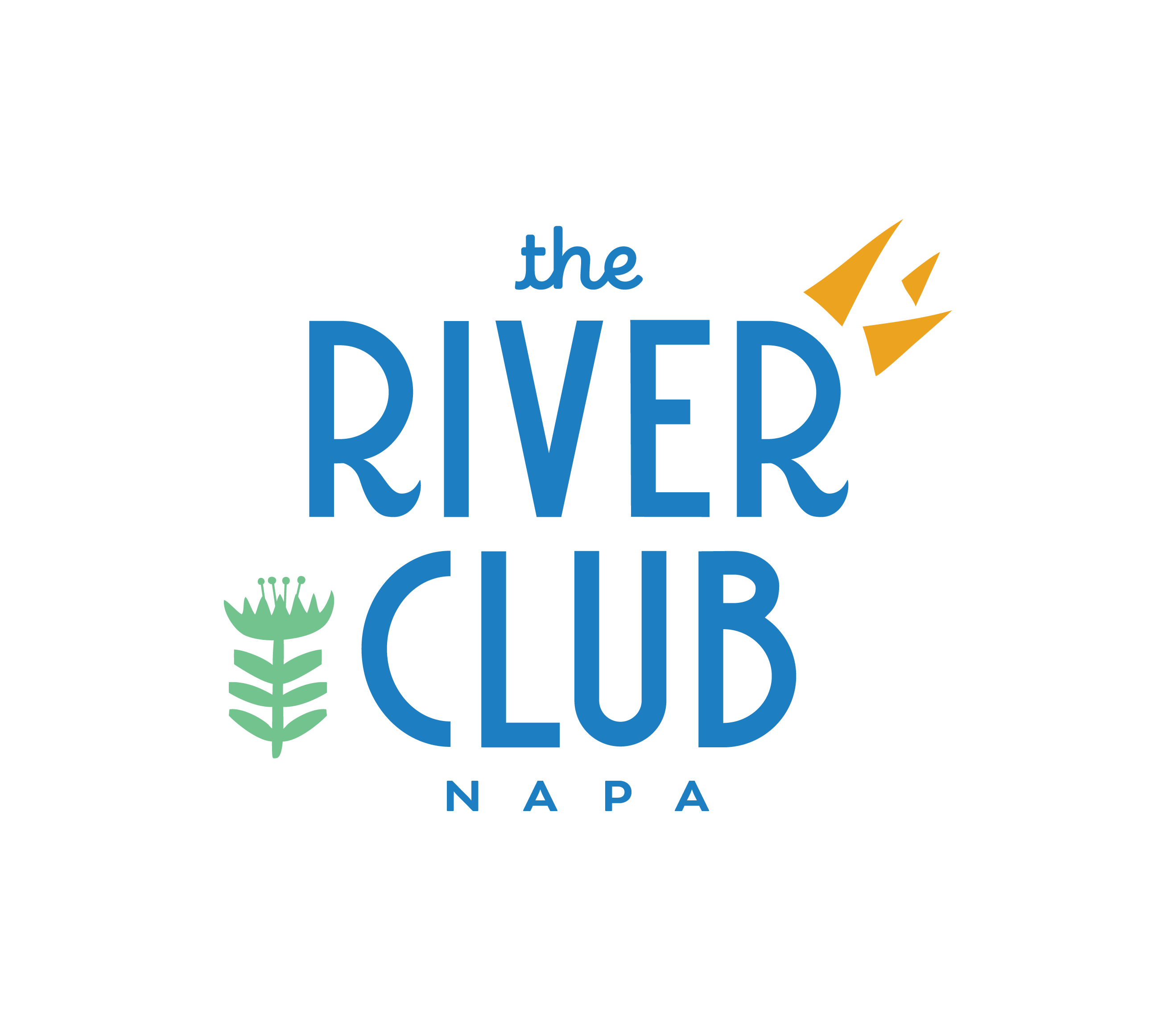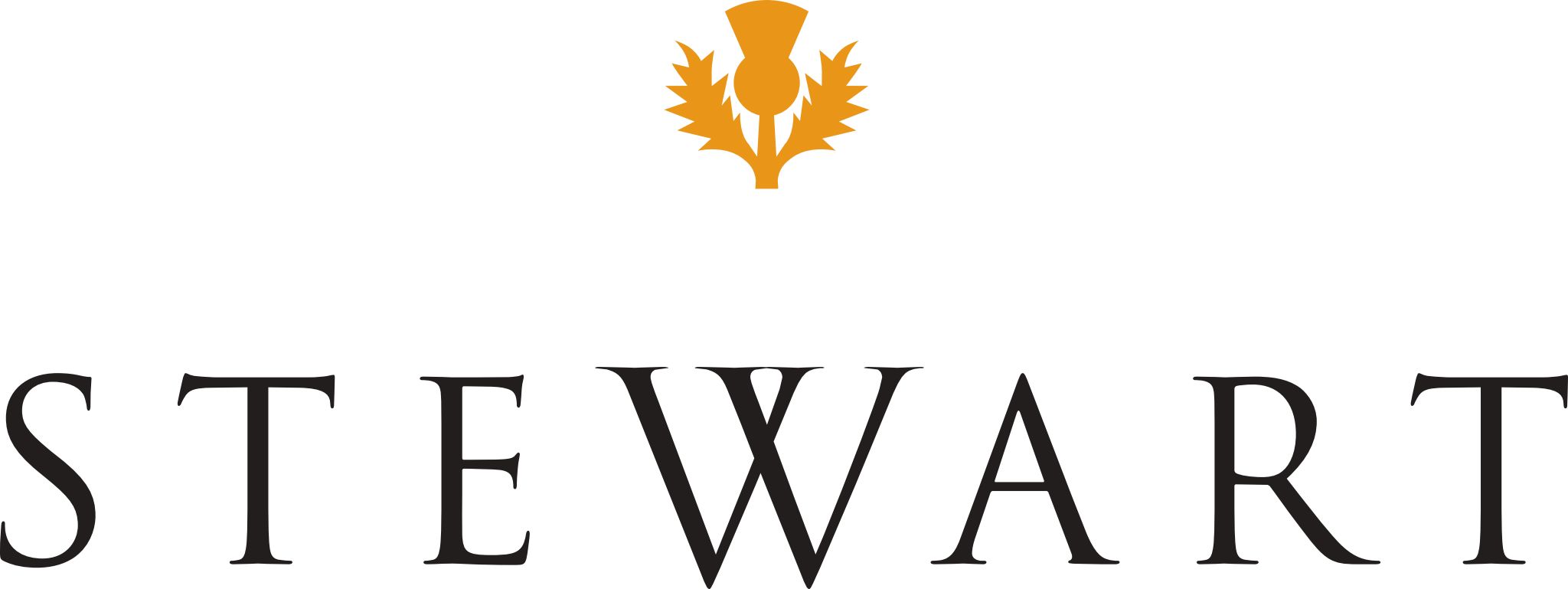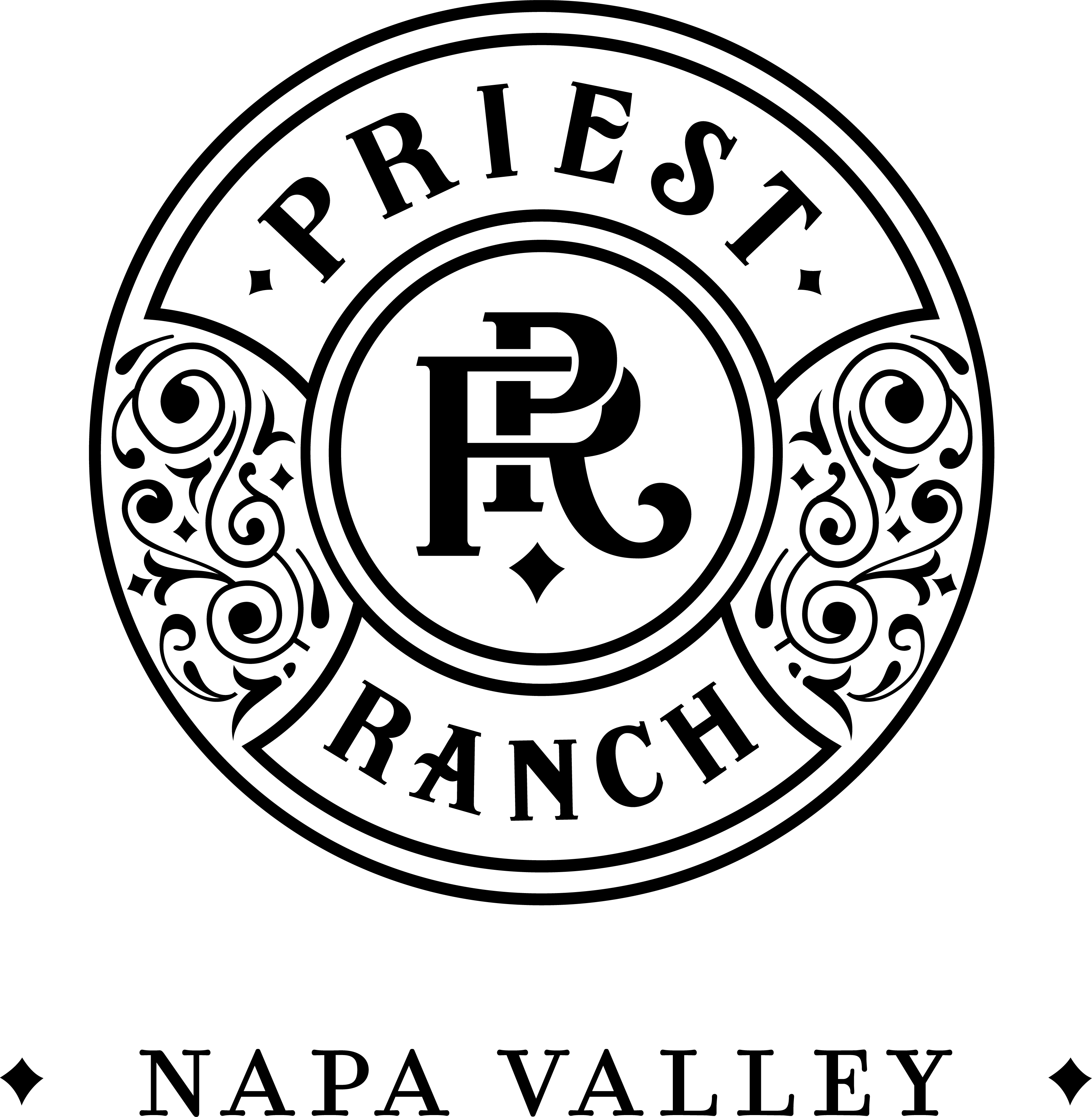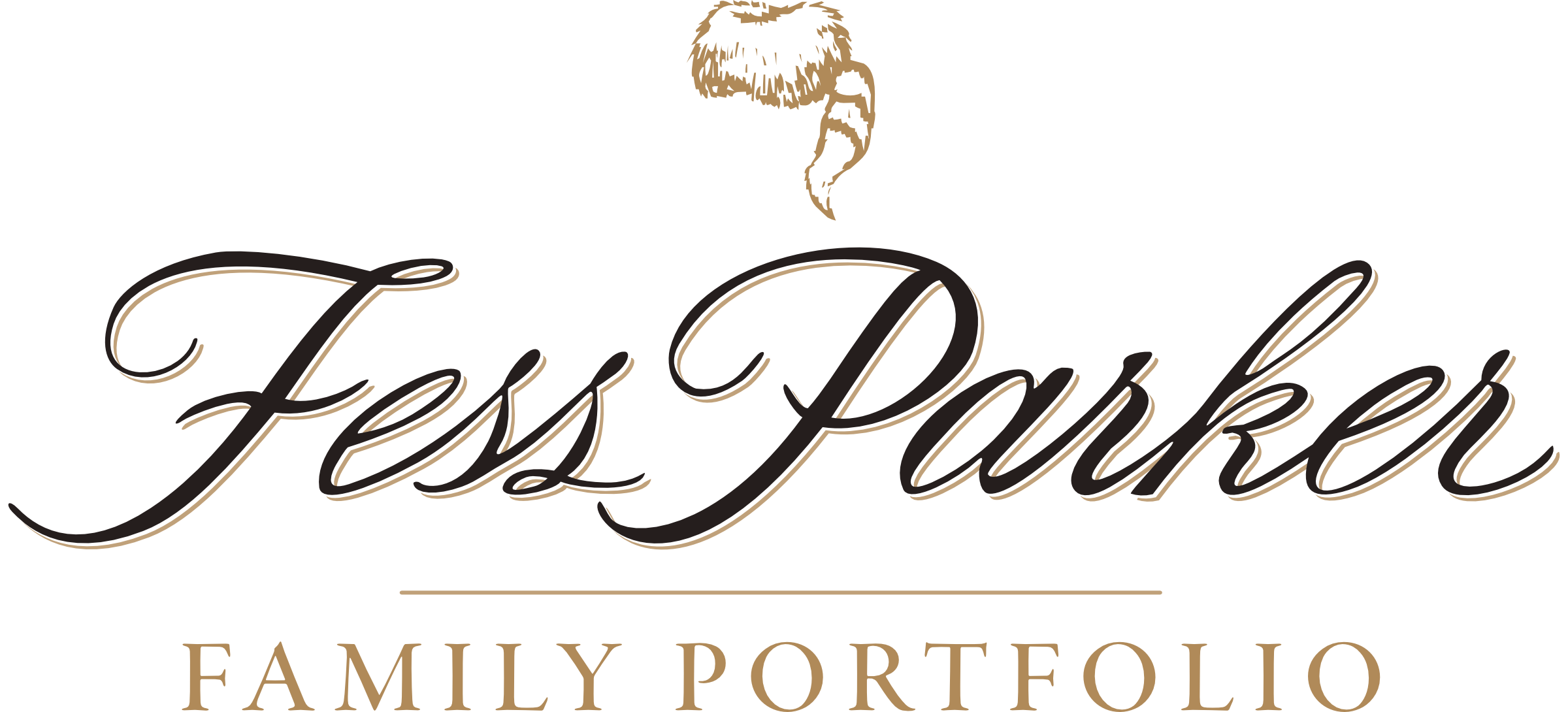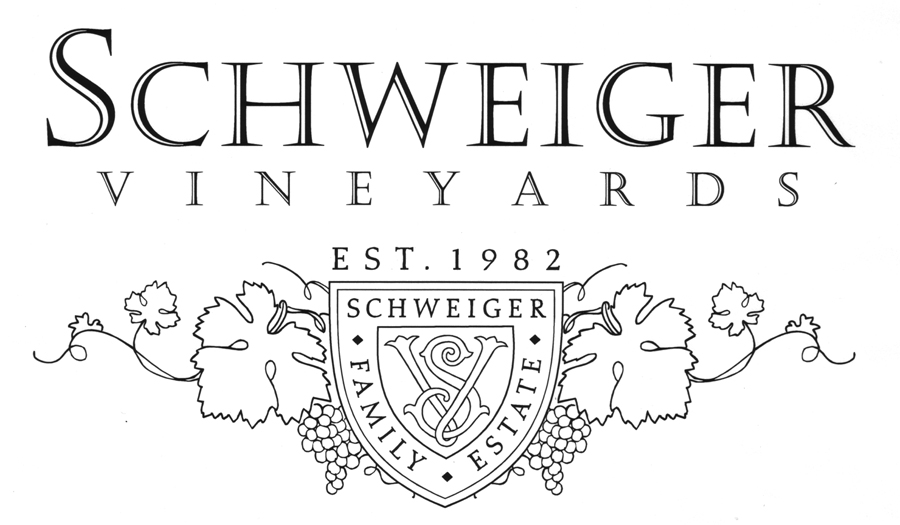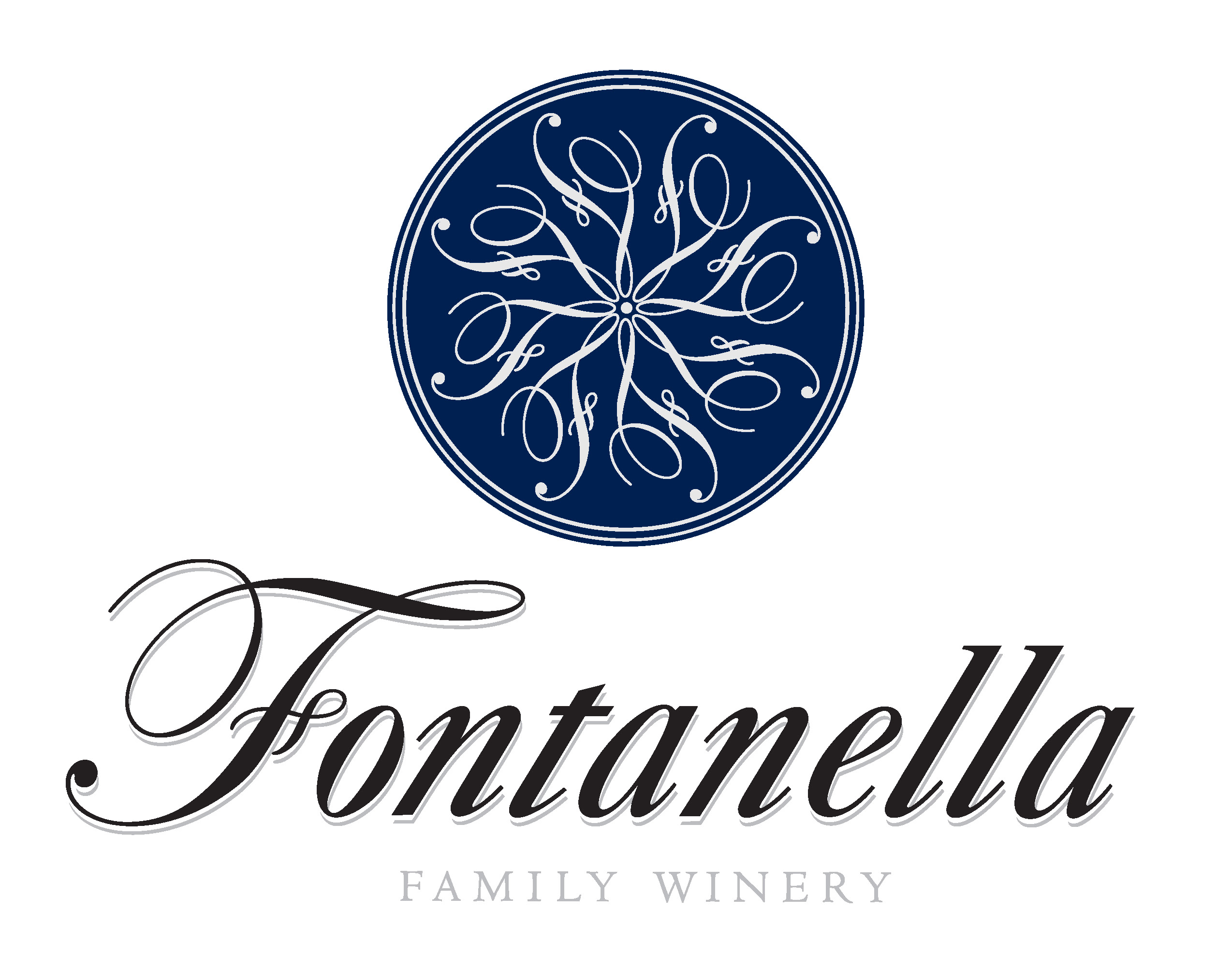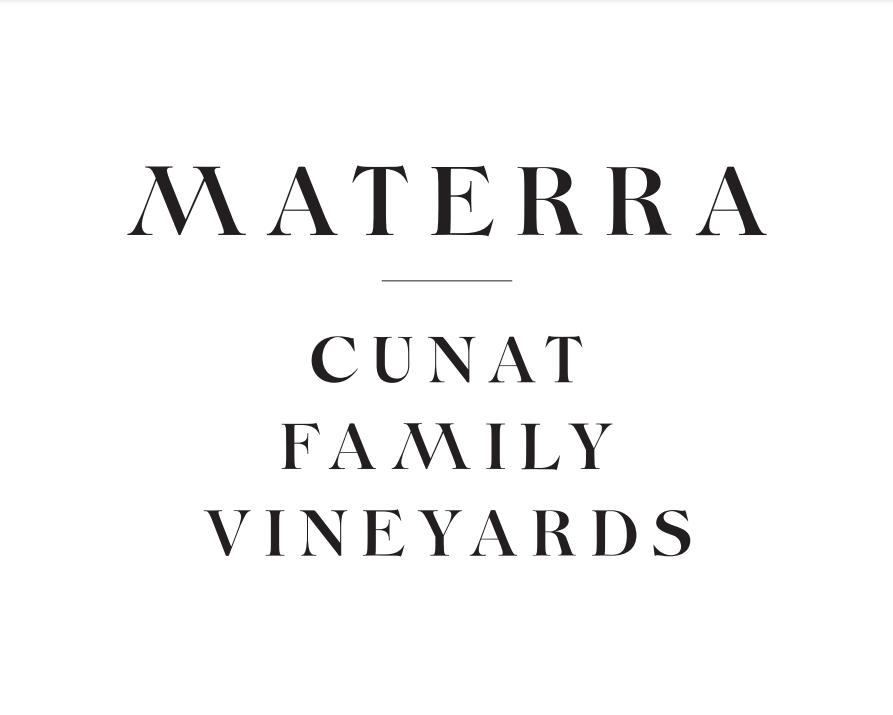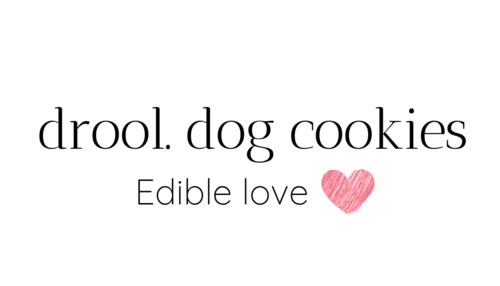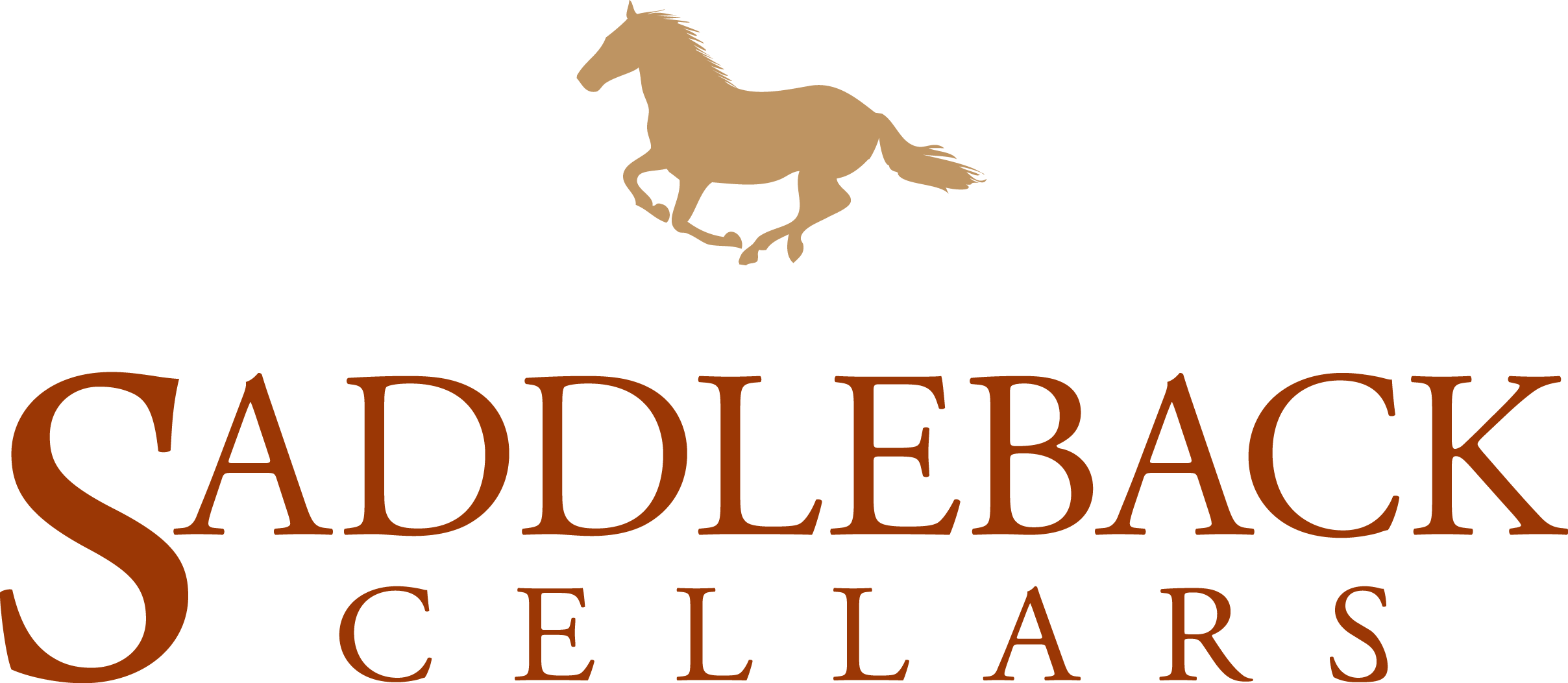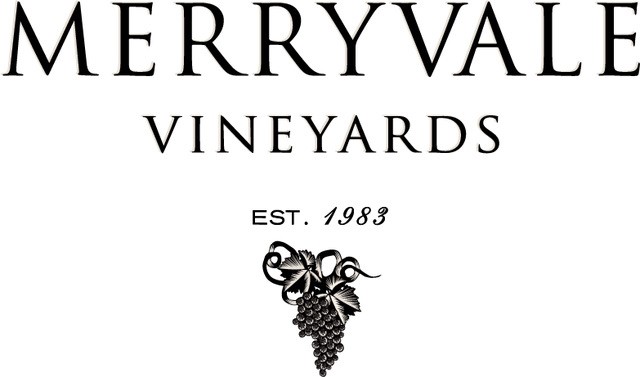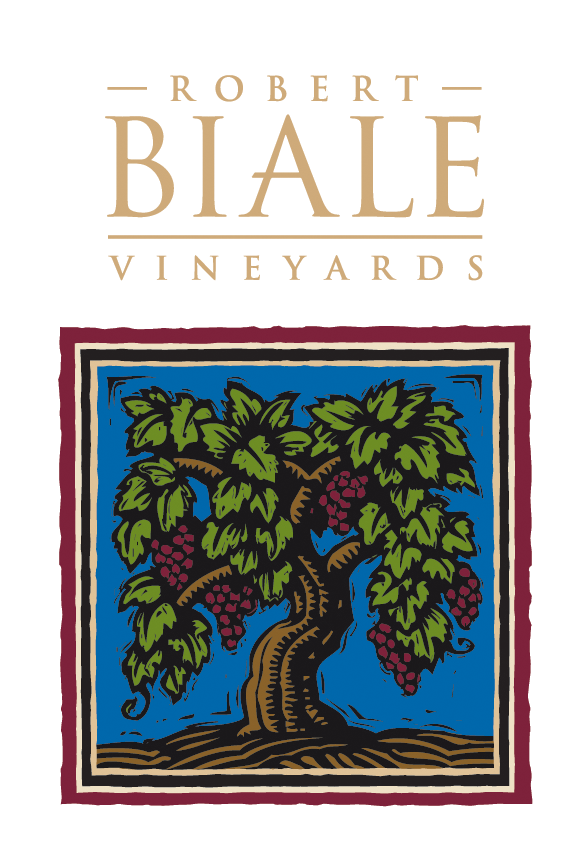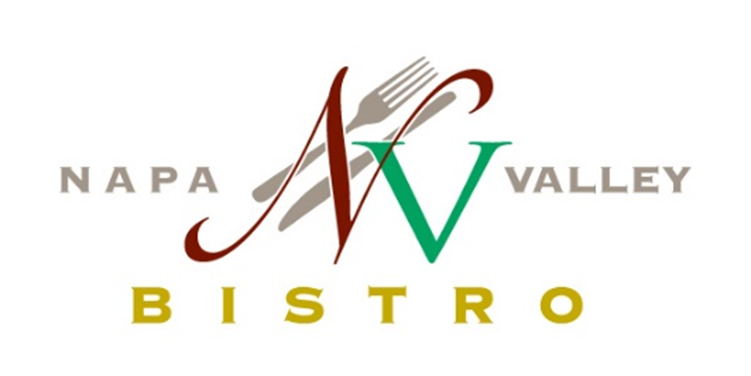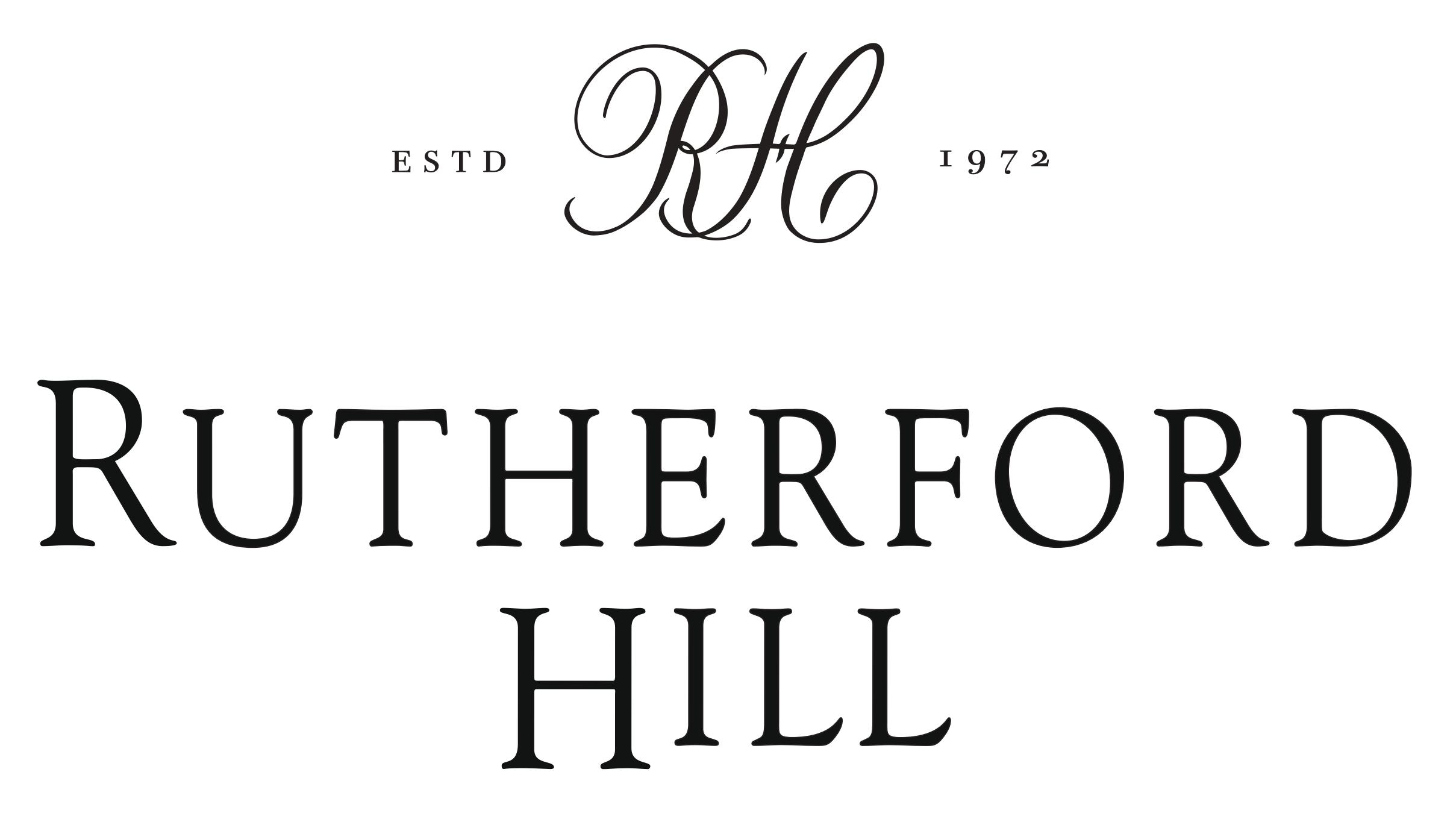Planning For Your Pets During COVID-19, A Guide from Napa CART
by Wendi Piscia | March 31st, 2020 | 10:42 am
by Claudia Sonder DVM, President, Napa CART
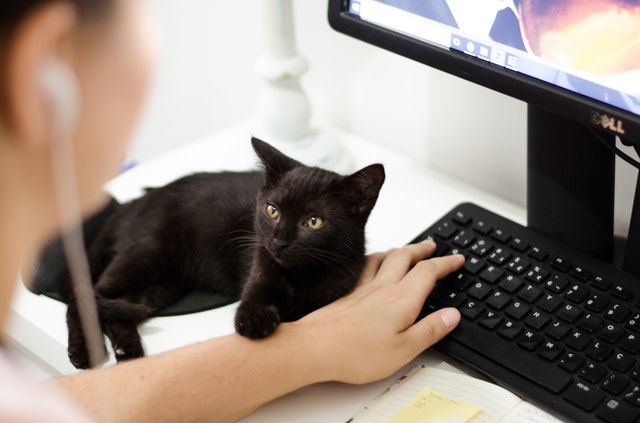
How are pets affected by Covid 19?
In these difficult times, the healing power of the human-animal bond adds to community resilience. Napa County has a robust network of animal organizations who are united in their efforts to support those of you with pets who might need assistance. Enclosed are some resources to help you manage your pets, while you look out for your own health and safety.
Planning for the care of your pet, should you become ill:
Companion Animals
There have been reports of a dog testing positive for Covid-19. Several veterinary institutions are investigating this to get a better understanding of risks to dogs, and potential for cross contamination. There have been no reports of humans catching Covid-19 from dogs or other pets. Until we have a better understanding of risk to dogs, we recommend that you assign pet care to a family member or connected acquaintance who is not ill. Start planning for this contingency now, as the safest place for your pet is at home with you.
- Avoid snuggling, sharing food, playing and sleeping with your dog if you are ill.
- Designate a family member to do feeding, walking and playing.
- If your pet becomes ill while you are in self quarantine or infected with Covid-19, follow your veterinarian’s protocols for veterinary care, which will likely be communicated when you call in for an appointment. Indicate to them if you are ill or in self quarantine due to exposure. There are resources listed below for emergency pet transport to a DVM, if you are unable to arrange transport. Make sure your veterinarian has an email designating an alternate care giver.
- If you must care for your pet while ill, wear a mask and wash your hands before and after handling.
- If a connected acquaintance is available, leave
the animal in an accessible room for the care giver with posted instructions including
food type, quantity, daily routines, leash/halter access, and veterinary
contact information. Create a visit
schedule that allows you to avoid any contact.
- The care giver should wear gloves when entering the adjacent room and handling the dog or cats, and touching surfaces. A mask is not required, as the ill person is not in the room. Ask the care giver to email or call with any concerns, including: not drinking, eating, urinating, defecating, significant lameness or swelling, or vomiting and lethargy.
- Make sure the designated care room does not have accessible trash, plants or other hazards the animal can access while unattended. Wipe down surfaces around food and leashes etc. and leave Clorox wipes in the room.
- Care giver should dispose of used gloves in trash can outside of care area. Wash hands thoroughly with soap and water as directed for Covid -19.
- In an abundance of caution, the care giver should change clothes before handling pets at home to avoid transmission of other diseases or parasites, fleas etc.
General Recommendations for Dog etiquette in face of Covid-19
- Do not pet other people’s dogs. Maintain social distancing of 6 feet and walk single file or stop on trail to facilitate distancing when approaching other groups.
- If you are ill or in self quarantine due to known exposure, stay home and make arrangements for your pet or walk your pet locally using social distancing. Wear a mask if appropriate.
- Pets are sensitive to the emotional state of their human companions. These are stressful times and you may experience some “cooped up” behavior from your pets. If so, here are some great resources to keep your dog busy and tune up their manners: How to Stay Sane Sheltering in Place with Dogs
Large Animals
- Designate a family member or friend to feed and water animals if you are too ill
- Fill troughs and ensure 2-4 weeks of feed are on hand. Plan to order feed and transition onto new hay over several days. Don’t wait until you are out of hay.
- If safe for your horses, wean onto pasture such that care is minimal. It is essential that introduction to grass or new food occur over a 7-10 day period with incremental exposure.
- Leave animals’ leads, feeding instructions and medical records in a sheltered but obvious place.
- Post your veterinary contact information in the barn, and make sure to email your veterinarian to designate caretaker if you become seriously ill.
Pet Food Delivery Options: we recommend you purchase a one month supply of pet food.
Need assistance with pet food delivery or supply?
Should you be out of work or are financially struggling due to this pandemic, Jameson Animal Rescue Ranch will offer assistance with pet food supply and delivery
- Napa County residents needing food for their cats/dogs, please visit your local drive up Food Bank Pantry Network. Hours and locations can be found here
- For Napa County Residents who are quarantined by their doctor, and cannot leave their home, we are offering a pet food and/or pet medication delivery/drop off service.
- For all bay area residents, if you are unable to make it to your local food bank and cannot afford food for your beloved animal, we can provide a 30 day supply of food. We look forward to helping our community with their needs.
Call our helpline at 707-927-3536 or email us at helpinganimals@jamesonrescueranch.org for assistance. Thank you.
Napa County Animal Shelter’s ultimate goal is to keep pets home with their families practicing shelter at home. If it becomes a matter of someone being hospitalized and no one else can take care of the pet, NCAS can offer a 30 day emergency boarding and/or temporary foster after proper decontamination procedures. NCAS can also offer supplies to facilitate the care of their pet such as leashes, collars, crates, bedding, toys, etc. NCAS can also deliver supplies if needed to encourage sheltering at home. NCAS has a limited supply of food donations and can work with community partners as need evolves. In the event of loss of life with no next of kin, NCAS will prioritize owner surrender of the animal and provide temporary foster and/or rehoming of pet. NCAS is the lead organization supporting the animal component.
Napa CART has a reserve of trained DSWs who are available to support the existing agencies in pet food delivery and care if activated by the county. Napa CART will host regular updates with partner organizations and the COAD to coordinate the animal component of response and report to NCAS.
Napa Humane is available for animal behavior assistance and can be reached at 255-8118. Napa Humane is assisting the COAD to coordinate the animal response and resources.
SHR has volunteers available to deliver feed and care for large animals if next of kin are unavailable to do so. Requests for large animal assistance can come through JARR’s hotline and will be dispatched to SHR. Napa CART will work with SHR to procure donations for large animal support
We Care Animal Rescue is closed to visitors, adoptions and in-take and has limited their services at this time to focus on taking care of their sheltered animals. They will be available to assist St Helena community with urgent concerns on a case by case basis. Please contact via email: Shelter@wecareanimalrescue.org.
Wine Country Animal Lovers organization has grants and resources available to provide pet food and delivery, financial assistance for emergency and urgent veterinary care, and pet care assistance to up valley residents
What can you do at home to aid the animal response?
- Stay healthy and follow the State and County issued order to shelter in place
- Make a plan for pet care now, and communicate it with your family
- Consider supporting the organizations providing these valuable resources
Additional Resources:





